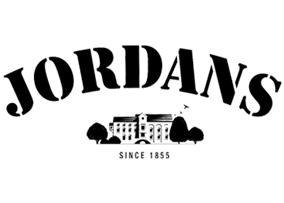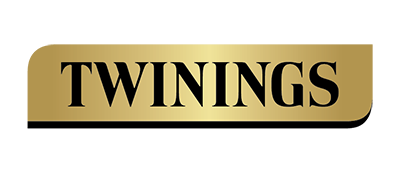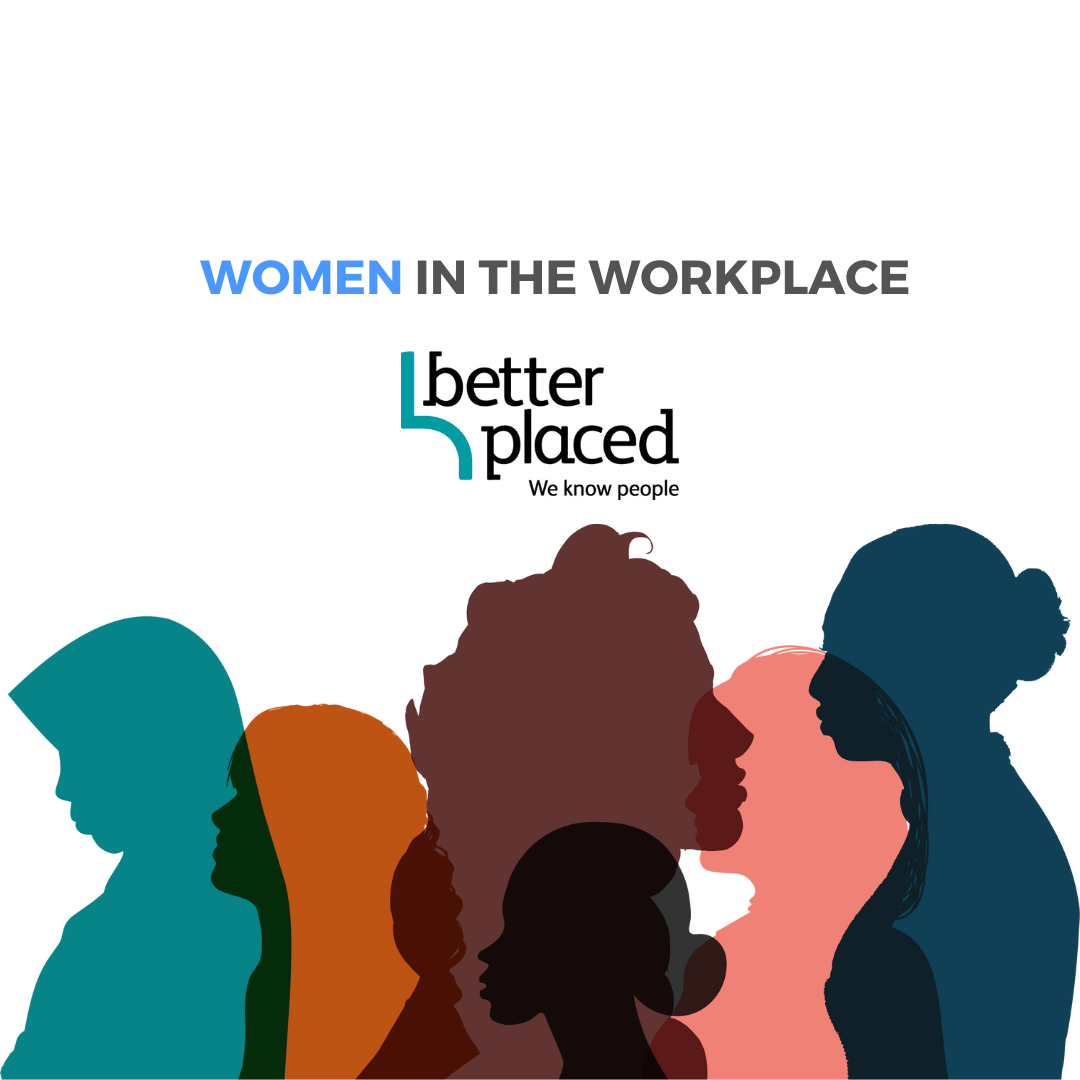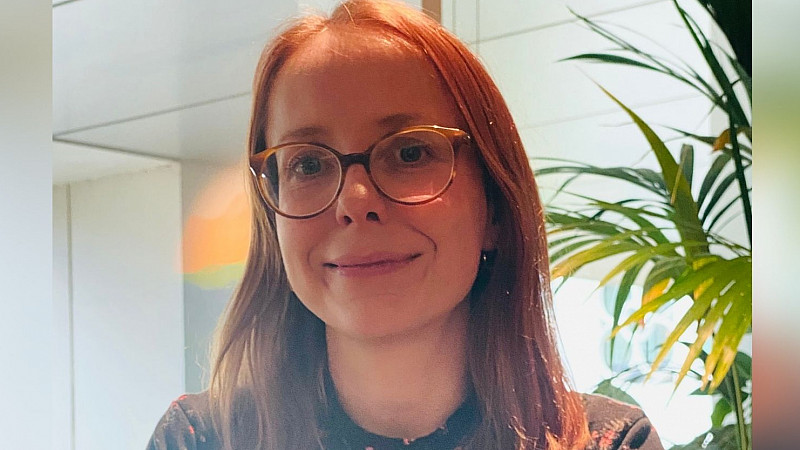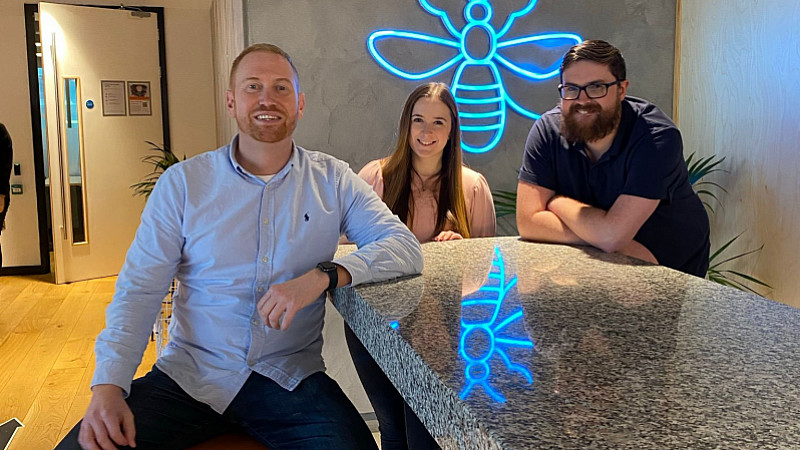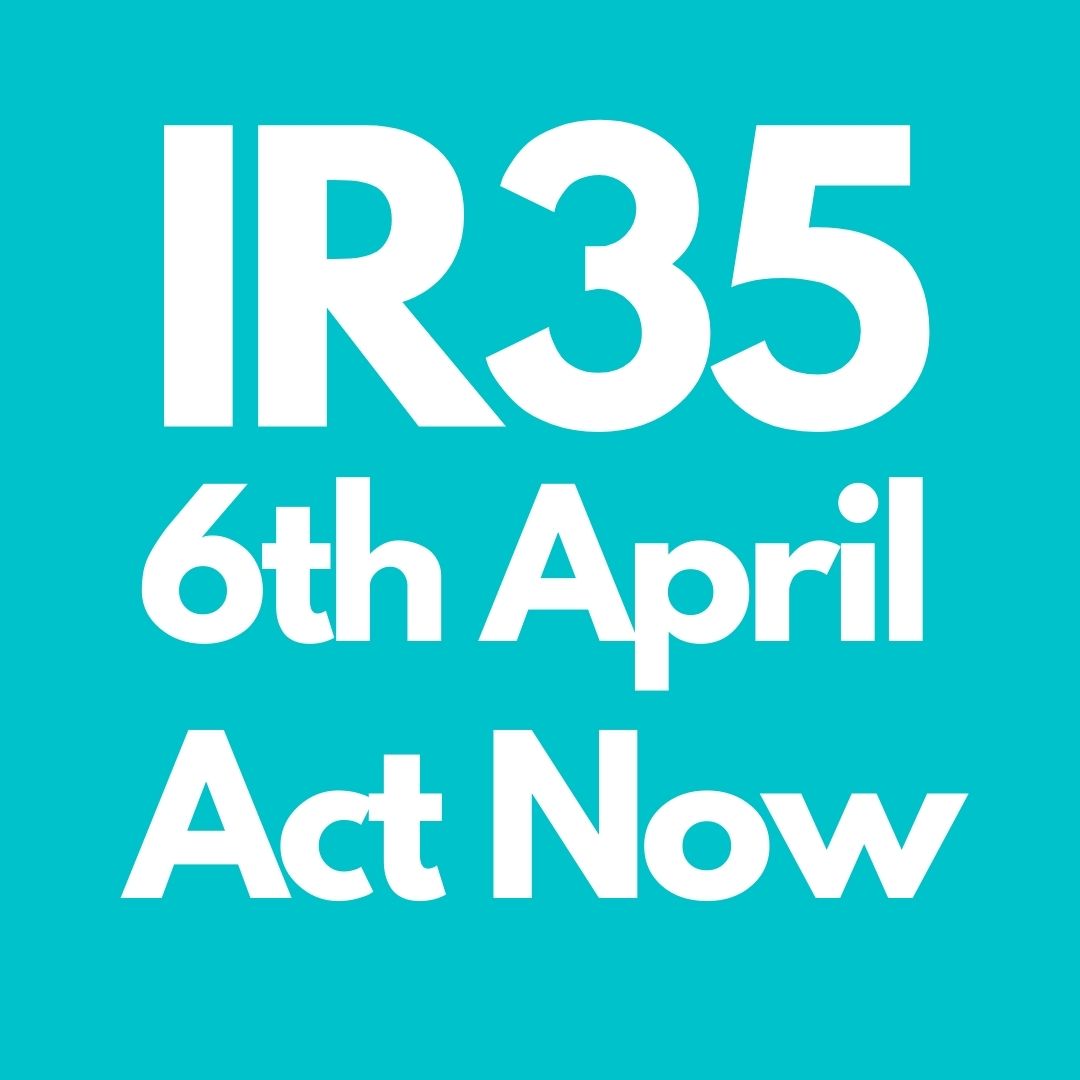Senior & Executive Appointments
Women In The Workplace
In a couple of weeks, it’s International Women’s Day! But let’s be honest – we don’t need a day to actually celebrate the wonder of women (except that unfortunately we do). I can’t really pin a time on when this became so topical, but my word, it’s happening! Women’s equality and Women’s health at work really do matter and our voices are being heard.From conferences, to business groups, magazine articles, to documentaries on the TV, it’s become a great hot topic. And let us be clear, this is not about excluding men, this is about including women in the workplace. And it’s a wonderful journey to be on. We know the stats – 50% of our population is women. Humans are living and working longer. We have generations choosing to not have families, working alongside those who want nothing more than a big brood, alongside those who regrettably can’t. And those that do, somehow manage to spectacularly juggle their career with their family. And Kudos to them. Multi-tasking work with babysitters, nursery schools, promotional opportunities, glass ceilings and visibility in the workplace is exhausting to even write about. And these are the reasons these women shouldn’t miss out on promotional opportunities. Neither should those who may have struggled with women’s health issues and consequently needed some time away from the office.Equality and HealthIn a recent survey of female connections that I posted on LinkedIn, I asked if women felt that they had equal career opportunities to male counterparts, and did they feel that they had support on women’s health at work: · 55% of those questioned said they felt that their career opportunities were not equal to their male counterparts NOR did they feel that women’s health was well represented.· 8% said yes to women’s health but no to equal opportunities · 24% said yes to fair representation but no to women’s health · 13% said they felt that both their career opportunities were equal and that they had fair women’s health supportThese figures show that there's still so much room for improvement. We need to have better equality at work but also a safe space to communicate about health, without it being detrimental to our career development. Post PandemicIn the last two years the hybrid working model has really helped the workplace, enabling people to be able to balance their work and home life better. But it’s not surprising however, that something else came from the studies from the pandemic, and that was the visibility of mental health and subsequently more open conversations about women’s health. The “we’re all in together” mentality opened up doors for everyone to talk more about day-to-day struggles. Now it’s ok to talk about mental health at work and slowly but surely women are feeling more confident to talk or be honest about their female related health struggles. Thanks to the likes of the Davina documentaries and other professional organisations flagging the topic, it's becoming more acceptable to discuss menopause and menstruation without embarrassment. We don’t need to stop working just because our bodies are changing, but recognition of the struggles we face is business critical. Why does it matter so much? Women make up a huge working population and have the ability to continue working in their later years, just like men. Regrettably many women struggle with health issues (sometimes related to the menopause, for example) and feel that the only solution is to quit work and focus solely on their health. This is utterly unnecessary. In an article in the BBC last year it stated that almost 40% of board positions in the UK's biggest companies are held by women, but there are less exec director roles held by women and less than men at management level. These numbers need to be growing at every level, in every company across the world. At Better Placed, more than 60% of our employees are women. We all have completely different lives at home, but we come to work and we’re brilliant! We’ve got two female board members, a total of four female directors in the Senior Leadership Team, as well as five female managers. We recruit on merit. We promote on merit. And we are driving forward the change for our colleagues and future hires.We’re launching a business wide mental health policy as well as a menstruation and menopause policy with the intention to be a menopause accredited business by 2024. We continually talk about our D,E&I strategy with candidates and clients alike, ensuring that we are paving the way for the changes needed. We encourage our clients to recruit without bias and are frequently asked about all the work we do in this arena. Our D,E&I policy is also underway, again ensuring that all the work we have been doing over the years, is ingrained in our core beliefs and culture. These policies are about making sure that everyone at Better Placed has a voice and is heard, without prejudice or judgement. We may still be paddling in the pond, but it’s exciting to be seeing the ripples already. So to all the women out there, let's keep skimming those stones and make sure our voices are heard. And to everyone who is listening, thank you - it's great to be part of the conversation!Here are some of the organisations that we have been receiving support from: HenpickedYKP Consulting LtdCatherine Garrod at https://compellingculture.co.uk/ Menopause at WorkAnd some interesting articles to read: https://www.womenshealthmag.com/uk/health/female-health/a40480855/why-womens-health-at-work-matters/https://www.peoplemanagement.co.uk/article/1752778/womens-health-workplace-key-issues-considerhttps://www.retailgazette.co.uk/blog/2023/02/female-ceos-uk-retailers/https://www.bbc.co.uk/news/business-60430198
Read More











